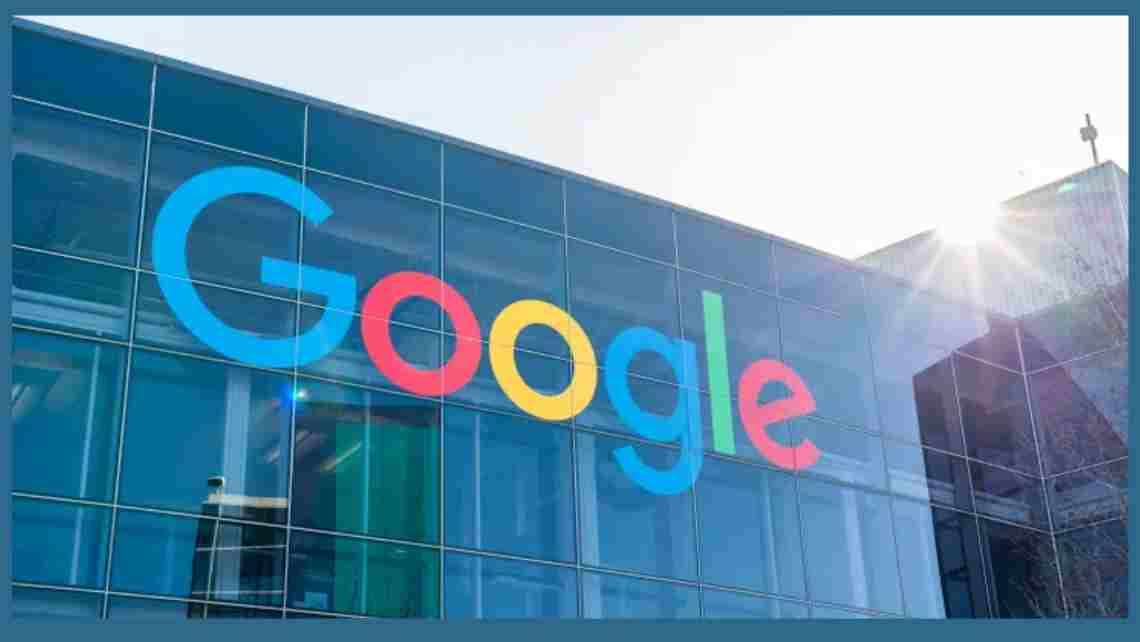Understanding the Reason of French regulators fined Google 272 million
In a landmark choice, French regulators fined Google 272 million for breaching commitments on paying media groups for reproducing their content online and using their fabric for its AI chatbot without the right notification. This flow indicates a vital second inside the ongoing warfare between tech giants and conventional media stores over truthful compensation for information content material. Beyond the immediate economic penalty, this case sheds light on broader troubles surrounding digital copyright, revenue sharing, and the evolving panorama of journalism within the virtual age.
The Rise of Online Platforms and the News Industry:
The emergence of online structures, particularly Google and Facebook, has transformed the manner news is consumed and disbursed. These systems have come to be significant hubs for having access to facts, with thousands and thousands of users turning to them for information updates daily. However, whilst systems gain from extended consumer engagement and advert revenue generated with the aid of news content material, the creators of that content material, specifically newshounds and media groups, regularly need to work on monetizing their paintings accurately.
Challenges in Revenue Sharing:
One of the number one challenges in dealing with the news industry is the disparity in sales sharing among online structures and content creators. While structures reap widespread monetary profits from web-hosting news articles and films, they frequently no longer competently compensate the authentic creators. This discrepancy has brought about accusations of exploitation and precipitated calls for regulatory intervention to ensure honest repayment for content material vendors.
The Role of Copyright Law:
Copyright law plays a vital position in figuring out how information content material is used and monetized online. Traditionally, copyright safety has granted creators specific rights over their work, which include the right to reproduce, distribute, and profit from it. However, the virtual panorama has brought new complexities, with structures often republishing news content without express permission or reimbursement.
The EU’s “Neighbouring Rights” Directive:
In response to concerns about the imbalance of electricity between tech platforms and information publishers, the European Union delivered the “neighboring rights” directive in 2019. This directive aims to empower print media with the aid of letting them demand repayment for the use of their content through online structures. By establishing a criminal framework for revenue sharing, the directive seeks to address the inequities within the digital news atmosphere.
The French Regulators’ Decision:
The recent best-imposed French regulators fined Google 272 million representing a significant development in the enforcement of virtual copyright legal guidelines. By penalizing Google for breaching its commitments to pay media agencies and failing to inform them approximately the use of their content in its AI chatbot, regulators are sending a clear message that tech giants need to adhere to honest practices on the subject of information content material. This decision sets a precedent for future enforcement movements and underscores the significance of upholding copyright protections within the digital age.
Implications for News Publishers:
For news publishers and media groups, the French regulators’ selection offers both possibilities and challenges. On one hand, it reaffirms their proper to honest repayment for his or her content and presents leverage in negotiations with online platforms. On the other hand, it highlights the continuing war to assert manipulation over their intellectual property in an increasingly digital and interconnected world. Moving ahead, publishers have to continue to advocate for their rights while exploring new enterprise models to sustainably monetize their content material.
The Tech Industry’s Response:
French regulators fined Google 272 million, Google has pledged to conform with the regulators’ necessities and negotiate in the right religion with information groups. However, the agency’s beyond movements, along with its failure to provide obvious charge offers and its use of news content without right notification, increase questions about its dedication to fair practices. Other tech giants, together with Facebook, may additionally face scrutiny in comparable instances, signaling a broader reckoning for the industry as a whole.
The Future of Digital Copyright and News Revenue Sharing:
The Google first-class marks a pivotal moment within the ongoing debate over virtual copyright and information revenue sharing. As regulators continue to scrutinize the practices of tech platforms and put into effect current legal guidelines, stakeholders have to collaborate to broaden sustainable answers that make certain honest compensation for content creators even while maintaining the open trade of information online. This may also involve exploring alternative revenue models, fostering more transparency in price negotiations, and strengthening criminal protections for highbrow property rights.
French regulators fined Google 272 million Conclusion:
The French regulators fined Google 272 million for breaching its commitments on information content material represents a large step towards rebalancing the connection between tech structures and news publishers. By retaining Google liable for its moves and imposing digital copyright legal guidelines, regulators are signaling their dedication to promoting equity and duty in the virtual information surroundings. Moving ahead, stakeholders must paint collectively to deal with the underlying demanding situations facing the enterprise and make sure that creators acquire the recognition and repayment they deserve within the digital age.
For all the latest news, keep visiting The World News.



